The World’s 90 Years w/ My Father, My First Coach
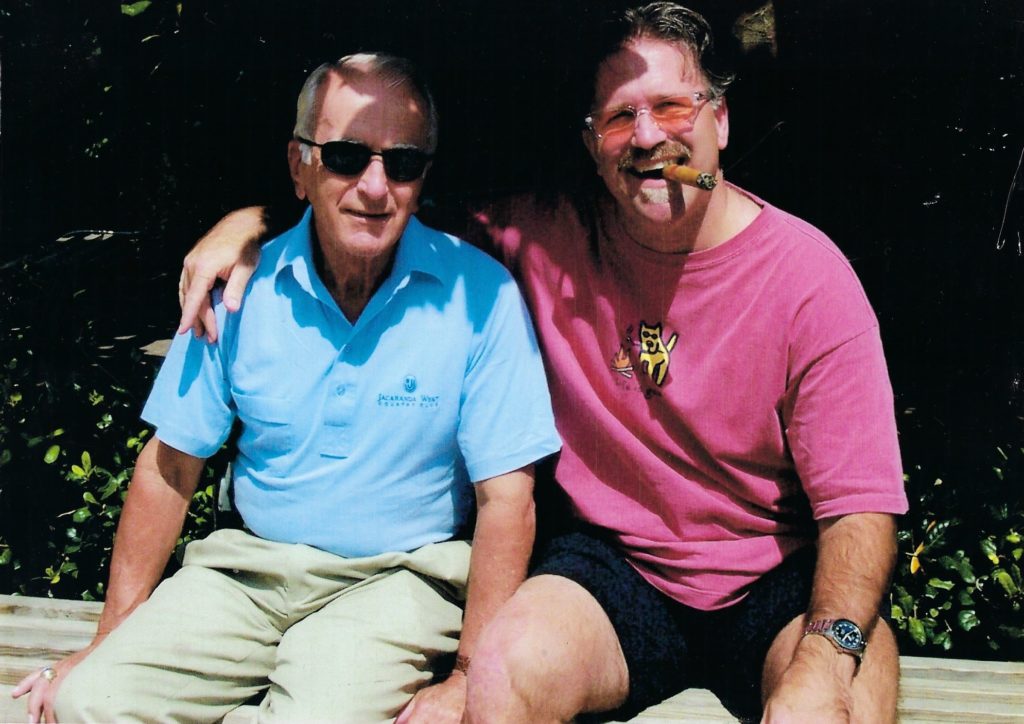
My father would have turned 90 this October. His human form left the building seven years ago and I think about him often. In honor of his birthday and him, I decided to finally read his doctoral dissertation. He gave me a copy years ago and I unceremoniously shelved it. I was aware of some of the content including its inspiration prompted by incidents and experiences I had as an unworldly third grader. Now as a coach I was more open to the ‘what’ as much as the ‘why,’ maybe even more so.
My father’s area of study was how non-verbal communication affected young emerging educators’ impact in the classroom. He was interested in how teachers’ effectiveness on students regarding what they didn’t say, and what they did with their bodies and faces enhanced or inhibited learning. Impressionable young minds being led by impressionable young educators. Some of it is pretty dry stuff: statistics and control groups and codes and scoring methodologies. Not having a doctorate and not having gone through that blood-letting process, I’m guessing this is what was required back in the mid-70s to successfully walk the academic plank and not ultimately get tossed to the sharks.
Why this topic? Well, my father believed in his students, and believed in his family, specifically me and my brother. (There were only two of us so…) and he wanted us all to experience more in the classroom, on our respective learning journeys. He wanted those who taught, who facilitated that experience, to be the best version of themselves for us. He was truly my first coach.
Now, he was a man of civility and learning and rules and tolerance and intolerance. He smiled and had funny moments, though I didn’t necessarily consider him a “funny guy.” He was your classic That ’70s Show Dad with multiple degrees (any “dumbass” comments were usually directed at me or my brother, Mike). His students loved him. I was friends with many of them growing up and have maintained some of those relationships well into my adult life. When they learned of his passing, they told me great stories about how he affected and still affects their adult lives. These were stories I wasn’t aware of so they were exciting, charming, and in ways, moving.
Here’s a story from me, a favorite that made me think about the motivations behind his study and learning, and my eventual path to becoming a coach. A path I chose after he left us in body, not spirit.
I never heard my father use the F-bomb until I was in college. The moment was uttered in frustration after a brief altercation on the golf course when others were exhibiting less than stellar club etiquette.
I was searching for a ball that had drifted onto the driving range at my hometown childhood golf club. I happened to be playing with two other well-known town pillars, longtime friends of my Dad’s, of my family’s, (one happened to be a judge!) and we were enjoying the round, wrapping up the eighth and aiming for the bar eventually. As I searched the rough between the two fairways, I wandered into the far reaches of the range with the hopes of locating my slightly sliced and errant shot. (Normally, members pause practicing to wait until a player locates and plays his shot, exiting quickly before shelling resumes). In this case, they continued to rain down on me from a couple hundred yards away and shouted at me for being in their way.
As we circled round to finish the ninth, my Dad wandered onto the range and squared off with both of these rather large men. My Dad was a 5’9’’ Navy vet who grew up a latch-key kid in Buffalo in the ’40s (when there was no such thing as a latch-key kid); the product of divorce, he was raised by the neighborhood. Thoughts ran to my incorrect predictions that this was going to be a donnybrook and that at least I — and maybe my fellow foursome members — would be jumping in to clear the tee. I was completely wrong which is why I don’t bet on horse races.
My father clearly agitated, approached them and scolded them for their bad behavior. He said that they were not acting like grown men, men of etiquette, men of honor; that essentially they weren’t being good neighbors, good members, good citizens. I had seen the look before and was sure they would at least be severely grounded when it was all over. Both men looked absolutely dumbfounded. They stood there, after initially complaining about me, and went silent as my father dressed them down in a most civilized manner.
So where’s the F-bomb? As he walked back to finish the last hole of the round, I came up alongside him and was quiet. He stared ahead as we approached the green and said so only I could hear him: “Guys are probably looking at each other right now and mumbling ‘F’ing teachers….’” I started to laugh, looked at him, and he put his arm around me and giggled a bit. I knew he could be hot tempered and in his younger days might have created a different outcome. Yet, he didn’t. That’s civility. To make known that someone is behaving badly, to deal with it, and to move on. On occasion the story would resurface and we would laugh a bit. No embellishments, just a memory of the first time he was ‘uncivil’ in my presence. I would be embellishing if I said he never said it again in my presence. He never, however, made it commonplace.
Oh I almost forgot, the inspiration for his doctoral dissertation was that my teacher was unfriendly, cold and “didn’t even smile.” She was uncivil to a bunch of third graders. He wanted more from everyone.
The fact is that civility and learning go a long way together. When they’re together, they both have staying power. We talk a big game about empathy and vulnerability and caring leadership and ultimately, in today’s present world, are we really living it? Can we be learners and leaders and civil all at the same time? My Dad sure made it happen. His memory, his legacy is still intact and cherished by his friends, students and us, his family. It’s what he wanted for all of us; it’s what I want for us now too. The secret is to be aware of your surroundings, take a breath, assess the situation and guide others to see how their choices and their behavior impact a situation and impact those around you. Especially when you’re standing too close to the driving range.
2 Comments
Leave a Comment
Be big. Be cool. Be hippo.
Ready to get started?
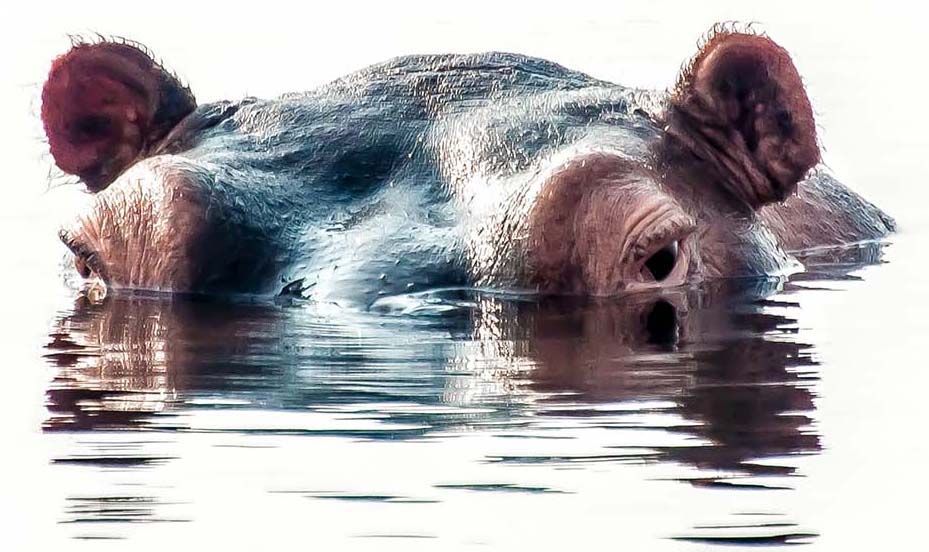

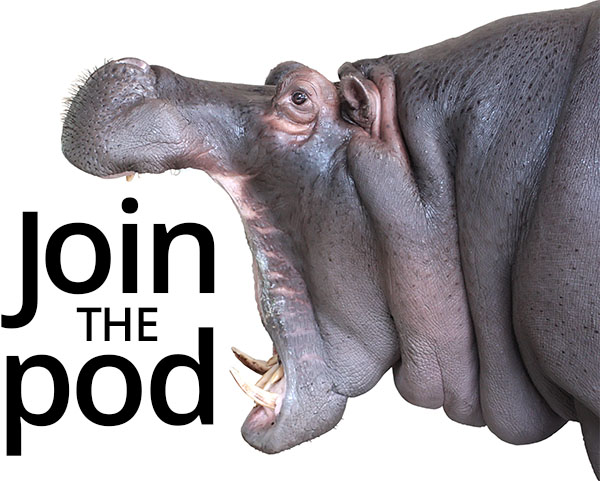

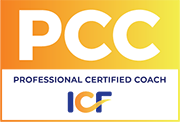




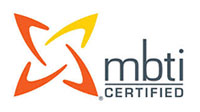
What a great story!
Hello @Cass! Thank you for checking in on this one. One of my father’s fave sayings, immortalized in his high school year book, was to ask someone being particularly unreasonable: “So, what do you know about horses?” A showstopper of sorts, its moments like that which made him interesting and different. (Side note: my brother and I howled when we read it under his school photo. What a gas.)